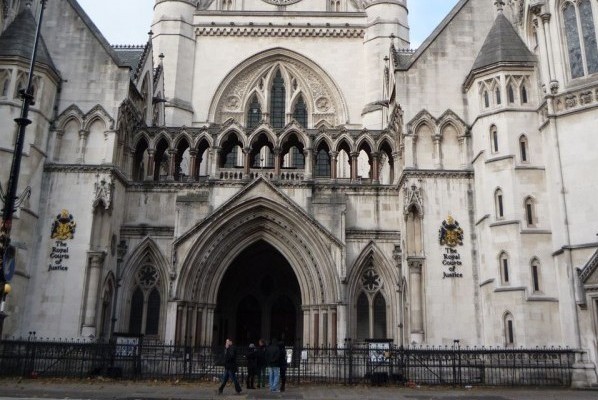Employment Tribunal fees stay but Unison will appeal
Unison’s challenge to the Employment Tribunal fees scheme has suffered another setback with the High Court’s decision to dismiss the union’s application for judicial review. The Court decided that although fees may amount to a deterrent, they are not an excessive restriction against bringing a claim in the Employment Tribunal.
Unison had challenged the fee scheme by arguing that fees made it exceptionally difficult for an employee to bring an Employment Tribunal claim. They had also argued that the fee scheme operated in a discriminatory manner, particularly in relation to women. The High Court dismissed both of these arguments.
The Court first considered whether employees were effectively barred from bringing claims in the Employment Tribunal, and found this was not the case. The Court said although some employees might find it difficult to pay Employment Tribunal fees, this did not satisfy the test, which required that it must be virtually impossible or excessively difficult for an employee to bring a claim.
“The setting in place of a regime that merely discourages those with no arguable grievance cannot constitute an interference with a right of access to the court.” High Court
The Court was dismissive of Unison’s reliance on statistics to support its arguments. It noted that although the statistics showed a striking reduction in the number of Employment Tribunal cases, this was not sufficient to draw the conclusion that workers were effectively barred from bringing claims due to the cost involved.
“The statistics relied upon in this case raise a legitimate question about the operation of the new regime, but they do not provide the answer to that question.” High Court
Better evidence would be actual cases in which the Court could review an individual’s income and expenditure and decide whether the person had been effectively barred from bringing a claim.
Even if the union’s arguments were to be made out, the High Court felt that removal of the fee scheme altogether was not an appropriate solution. The Court stated that it would be more sensible to allow the Lord Chancellor to exercise his discretion to waive fees where exceptional circumstances necessitated it.
The High Court also dismissed Unison’s arguments on the fee scheme operating as a form of indirect discrimination, particularly in relation to women. The statistics proffered by Unison did not support their view that such discrimination had occurred. Even if the scheme was discriminatory, the Court felt its introduction could be justified as the cost of running a Tribunal service required some contribution from those who bring claims.
Soon after the judgment was published, Unison announced plans to appeal. The matter therefore continues to run.
CASE R on the application of Unison (No. 2) v (1) The Lord Chancellor (2) Equality and Human Rights Commission, High Court, 17 December 2014
